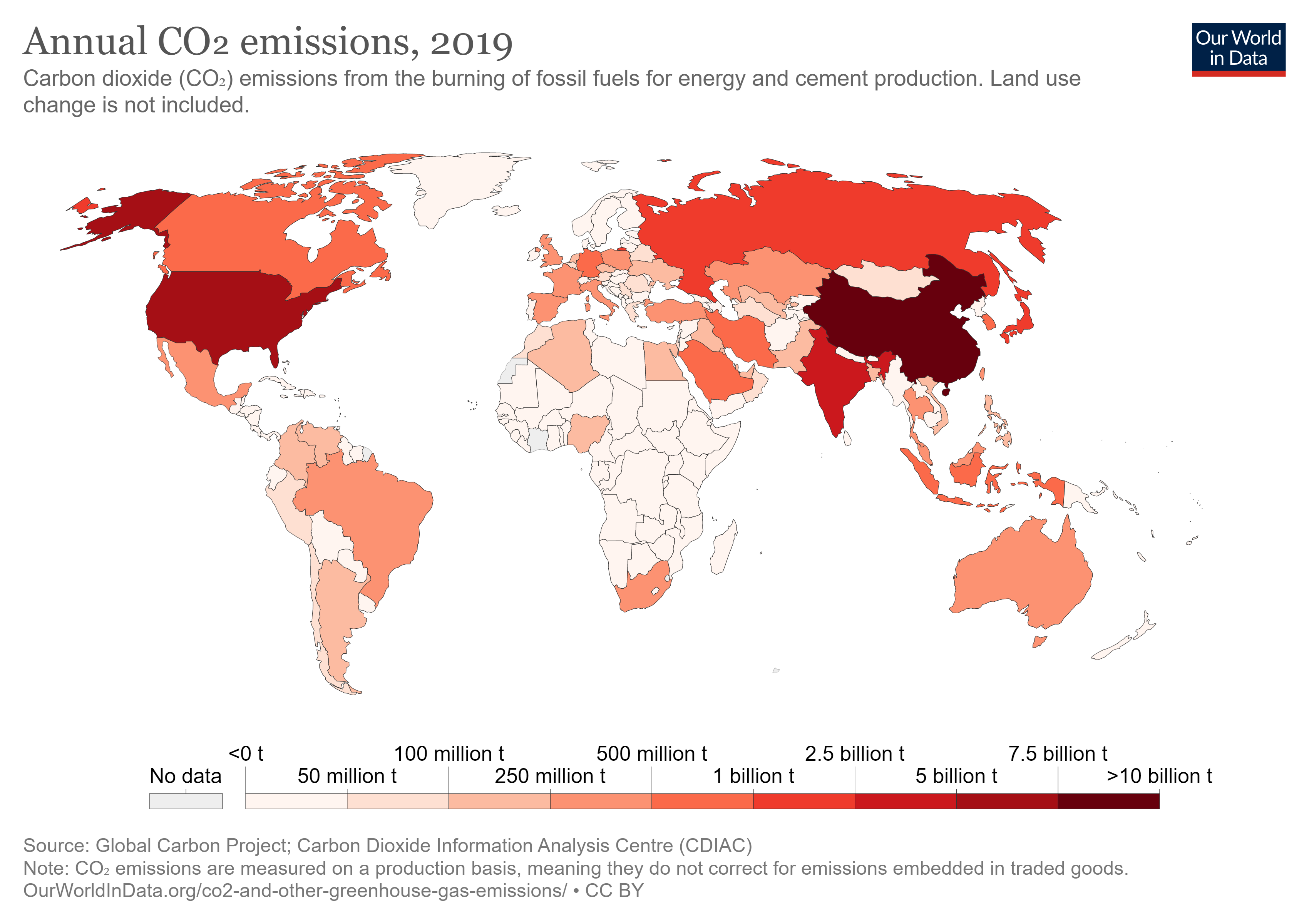Reducing GHGs
This “Reduce” section of the Guide covers policies to reduce the greenhouse gas (GHG) emissions that cause global climate change. Deep GHG emission reductions are needed by mid-century to limit the worst effects of climate change. Clicking on the boxes below takes the user to summaries of the core policy types included in this section – Innovation, Incentives, Investments, Standards, and Market-based Mechanisms – and from there to filter or dive into specific policy options, each of which includes a brief description, design considerations, U.S. experience, additional resources, and related policies.

Policy Mechanisms
Innovation
Innovation refers to a variety of activities that drive the development and commercialization of emerging technologies, whether through government labs, enterprising start-ups, small businesses, or the marketplace.
Incentives
Incentives provide strong financial signals that can be highly effective in changing behavior and driving growth in innovative technologies. They include grants, project cost-sharing, and tax credits or deductions.
Investments
Investments are federal outlays that can be used to deploy, or pave the way for, low-carbon technologies or infrastructure. This includes some of the country’s largest procurement programs.
Standards
Standards seek a specific action or outcome, providing policymakers more certainty. Standards can take a variety of forms, including: command and control regulations that specify technologies and processes and performance-based standards that require the regulated entity to meet a specific performance goal.
Market Mechanisms
Market-based approaches such as carbon pricing and emissions trading are meant to create market signals that encourage shifts in long-term investment decisions and accelerate the deployment of technologies that can reduce emissions.
